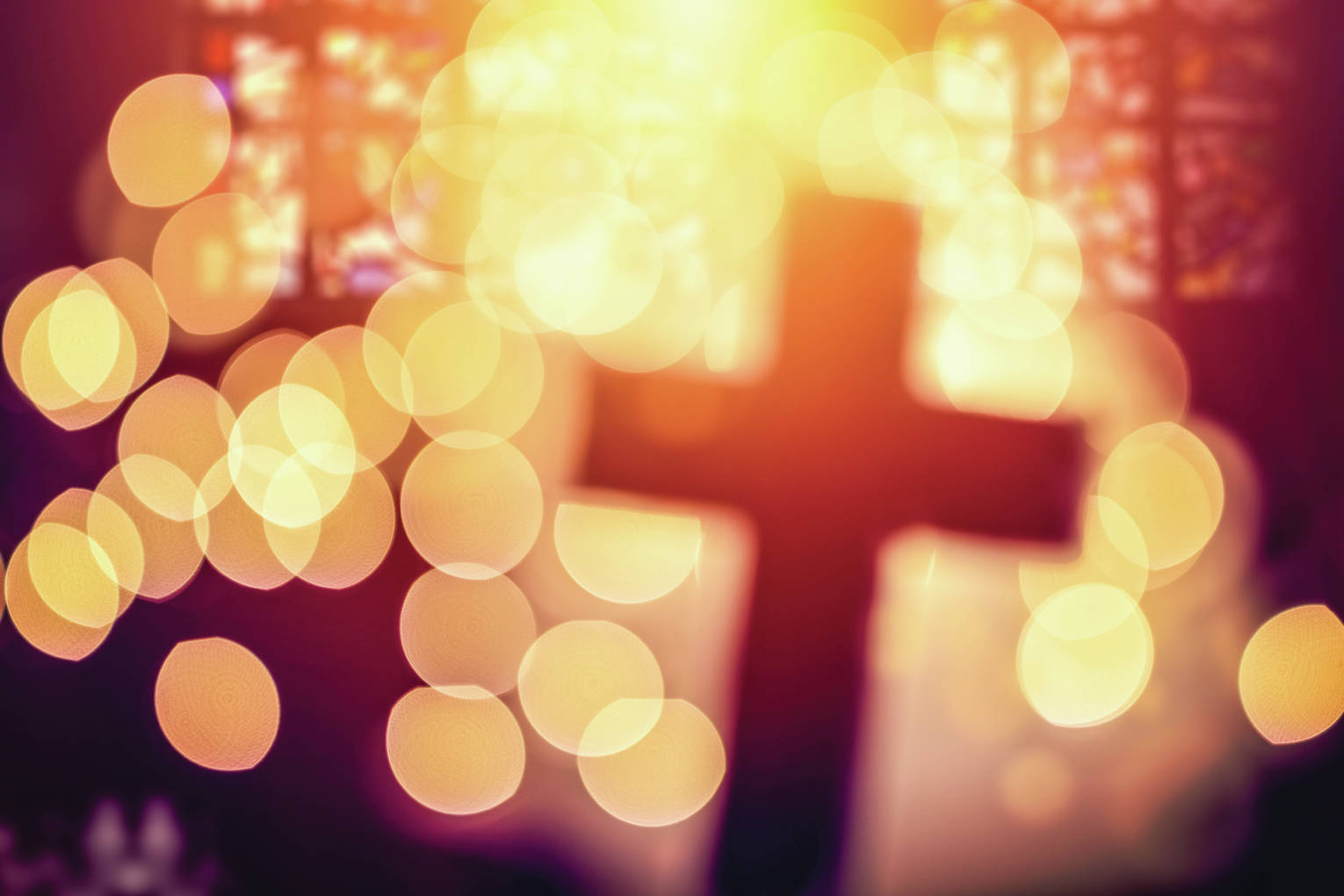Fifty years ago this spring, Dr. Martin Luther King Jr. was murdered. A jury convicted a white racist of the crime. Almost a year later, in late winter of 1969, a white, shotgun-wielding campus security guard shot and killed a black teenager at a small college where I studied. Though most of its students were white, the college campus sat as an island in an extensive, black community surrounding the Watts neighborhood in Los Angeles.
Racial tensions, already sensitized by King’s assassination and by riots of four years earlier, arose immediately among students and faculty, and in the neighborhood beyond. The college shut down for several days. Media outlets from all over the city detailed the event and carried the subsequent stories of the teen’s funeral and security guard’s trial.
Racial recriminations, demands for justice and recompense drew lines among students, families, and the college administration. The administration responded with what seemed to be, if not the right things, surely expedient things with a view to reduce tensions in the tragedy. Students eventually filtered back to complete semester classes, somewhat warier of the larger community among whom they lived.
Now, the liberal arts college’s financial support found its base in philanthropic endeavors and in student tuitions, but not in the Christian church. That said, almost all faculty and a great minority of students easily defined themselves followers of Christ.
Some such Christian students, black and white, with occasional Asians and Latinos, started evening meet-and-talk events in a nearby basement where a local church of Christ met. A few older leaders from faculty and congregation also participated. For a goodly number it was the first time to have had a meaningful conversation outside one’s own race identity. Some told, others heard, stories of crass, racist meanness perpetrated by “Christians” of opposing races toward each other. As conversations continued, students began talking about ways to tear down prejudices and misconceptions once for all, and about means to affirm the way of Christ as incompatible with rank bigotry and racism.
Indeed, a spirit of deeper fellowship developed in the group. A sense of unity and joy prevailed, despite tears and hardship. Another spirit also developed incipiently: self-righteousness and, ironically, exclusivity. The sense presented that people who claimed Christianity, but who did racist actions, were not, in fact, Christians, worthless infidels, perhaps.
One evening, a teacher at the college and elder of the local congregation, a gentle, middle aged man, stood and told his story.
American born and bred, he lived in California. At the onset of World War II, government authorities rounded up the 18-year-old, his brother, and his parents with countless others and summarily dispatched them to internment camp in Colorado. There they remained imprisoned till war’s end. They lost home, business, and possessions. Michio Nagai, as one might suspect, was Nisei, a first-generation American born to Japanese immigrants. They were Christians.
In due course, Mr. Nagai entered Christian college. The dean of students instructed him not to date white girls. He confessed to the group that evening, but not to the dean, that he had no intention of doing so – his mother had warned him sternly not to stoop below his station. He further confessed: he had held great anger against America and against God.
Having established “credentials” with the gathered crew, he moved to his point.
Here, the hard, hard work: The way of love, a no-matter-what love, a fiery love of Christ, undoes racism and its vile actions. Christ’s way of love recognizes and confesses bigotry within one’s own self first, a bigotry exempting no human heart. Christ’s way of love recognizes and welcomes in every human being a measureless, God-emplaced, inherent value. And Christ’s way of love generously extends and receives forgiveness.
And lastly. He noted that the only foundation on which Christians correct each other in love requires recognizing in them all a common ground of faith, the common ground of the Word of God; it requires recognition that the other person who claims Christ remains worthy thereby of the correction arising from the truth in that common faith. Else, nothing remains to say.

